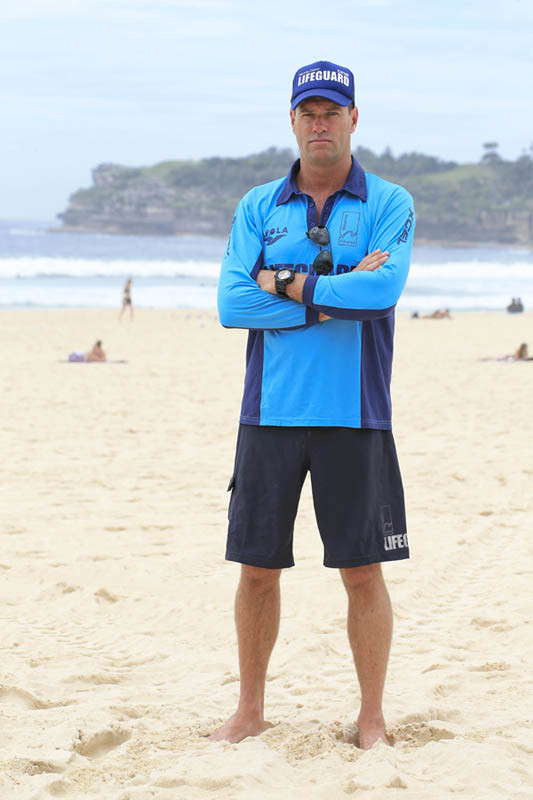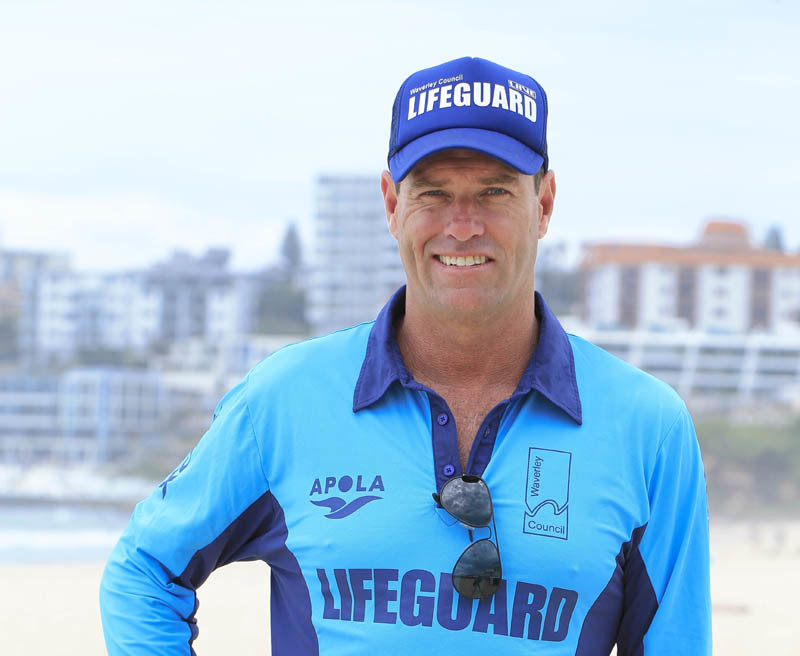Lifeguard, Bruce Hopkins, talks about beach safety and how all Australians can have an enjoyable summer at the beach while not getting into any trouble. As the weather heats up and more people head to the beach, it becomes vital for all individuals to practice beach safety and not put themselves in danger.
This comes mainly through education of the water and potential dangers lie within. As well as this, it is important to know what to do if you find yourself in a sticky situation.
The Royal Life Saving Drowning Report explains that in 2016/17 there were 50 fatal drowning’s as beaches across Australia, which is an increase of 4% on the 10 year average. This number will drop considerably if individuals are beach smart and understand what to do if they are in a dangerous situation.
Bruce explains that all Australians need to be beach smart, no matter how experienced they are
Tell us a little bit about your background and how you ended up becoming a lifeguard.
I was born and raised in Bronte and spent most of my childhood at the beach, surfing, swimming, competing in ocean events and working at the beach so becoming a lifeguard was a natural fit. I started in 1991 and never looked back.
I am now the Head Lifeguard for Waverley Council and have been doing this since 2000. This involves running the Lifeguard service across Bondi, Bronte and Tamarama beaches with a team of 36 lifeguards. It’s been a very rewarding 26 year career.

Are there any particular times/ weather conditions/ other situations when you would advise individuals not to swim at the beach.
When the surf is dangerous and presents strong rips we advise people not to go in the water. We take measures to ensure signage is displayed where there are dangerous currents and we always recommend people swim between the red and yellow flags. If there are no flags, then don’t swim. If there are no Lifeguards on duty, we also do not recommend you go in the water.
What do you recommend people to do if they have injured themselves or feel unwell while on the beach?
Always seek medical assistance from the Lifeguards on duty.
As summer picks up and more people head to the beach, what are the common safety tips you see people forget?
They don’t follow instructions such as swimming between the red and yellow flags, beach-goers often forget sunscreen and they also forget to stay hydrated throughout the day which is really important.
What would you say is the most life-threatening safety issue on today’s beaches?
Drowning. Rips don’t drown people, people drown in rips – the best way to tackle a rip is to float and not panic. If you try to stay calm and float, you will most likely end up back on a sand bank. The main problem is that people panic and the risk of drowning increases.
Are shark attacks more common? What should people do to minimise the risk?
Shark attacks are not common, in the 26 years I have been a Lifeguard there has only been one incident I can recall which was not life threatening. If a shark comes into the bay we sound the alarm and clear the water. Always listen to instruction from the Lifeguards on duty. We are here to keep you safe.
What are the biggest dangers you see for children at the beach?
Drowning is a major risk especially if children cannot swim. Kids often run off from their parents at the beach so we have dealt with a few lost kids over the years.
Some people like to party with alcohol at the beach, what are the dangers associated with that?
You should never mix alcohol and the ocean. All our beaches are alcohol free.
To what extent should beach-goers rely on lifeguards? How much personal responsibility is needed?
Lifeguards are there as a precaution and as an extra safety measure. Personal responsibility is absolutely needed. The warning signs are visible and every effort is made to protect beach-goers but if they choose to ignore warnings and danger signs they have to take responsibility for their actions.
Lifeguards play a vital role in keeping beach-goers safe every day. Those heading to the beach this summer should always listen to Lifeguards and read any warning signs that are displayed. Because at the end of the day, they are working to keep you safe and ensure you make it home at the end of the day.

